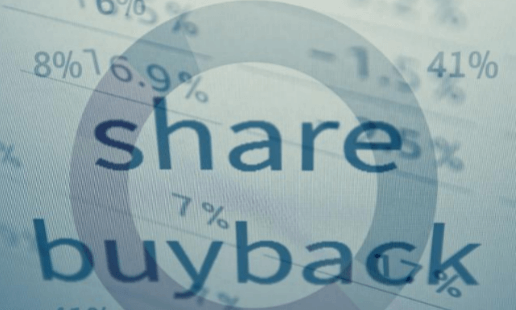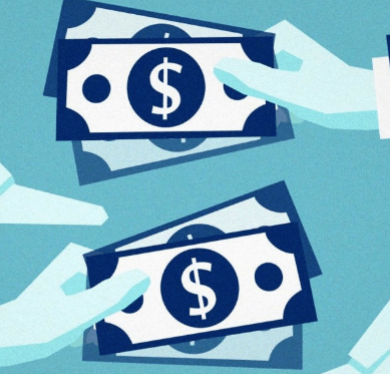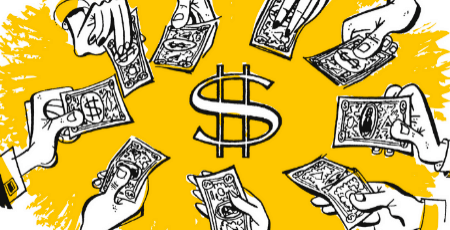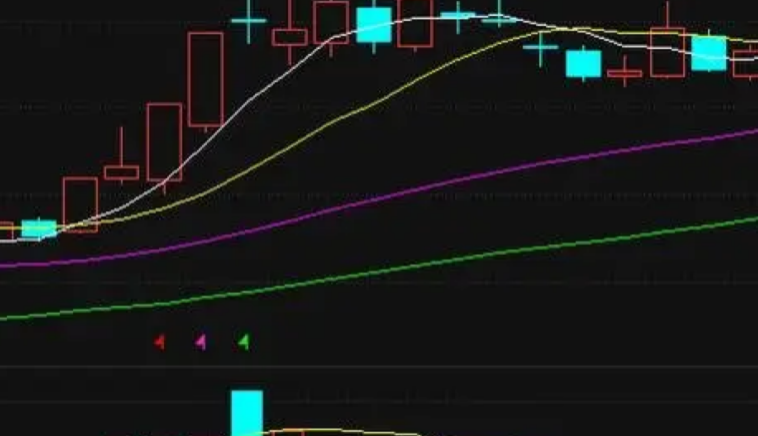We often see the phrase "share repurchase" in financial news. What does it mean? It refers to the fact that listed companies buy back part of their own company's issued shares through cash and other methods.

There are many ways to repurchase and two of them are most common. Most buybacks are made directly on the open market. Others use the form of an offer which is made to the market at a pre-determined price or price range, the number of buybacks and the duration. If the number of bids is too many, it will be allocated proportionally; and if it is too small, the price or time will be adjusted accordingly.
After the shares are repurchased, they may be written off directly, or they may be reserved for future use, like employee benefits.
Purpose Of Share Repurchase

For what purpose does a listed company buy back its shares? Some common situations are listed as follows.
1. If the company believes that its stock price is seriously undervalued, it may consider repurchasing shares in order to increase the stock price. According to Buffett's 2020 letter to shareholders, Berkshire is likely to buy back stock only if "Charlie Munger and Buffett believe the stock is selling for less than it's worth."
2. If there are signs of hostile takeovers and mergers in the market, the company may also consider repurchasing shares to resolve the crisis. This was the case, for example, with Exxon's buybacks in 1989 and 1994.
3. The company may also repurchase shares in order to give better returns to shareholders. Share repurchases reduce the number of shares held by the public, increasing earnings per share for the same profit and increasing the dividend per shareholder for the same total annual dividend.
4. The repurchase of shares may also be aimed at optimizing the capital structure in order to create more value. Some large companies with stable growth may borrow to buy back stock, thereby increasing financial leverage and optimizing some related financial data.
Market Impact

If the timing and price of the repurchase are right, it can often send a positive signal to the market, indicating that the company feels that the stock price is undervalued and optimistic about the future, or that the management of the company cares about the interests of shareholders, or that the company is taking back its control, etc. Shares may rise as a result. For instance, Applied Materials (AMAT) announced a $7.5 billion share repurchase program on March 22, 2021, and the company's stock has risen about 20% in the following nine trading days.

However, there are no absolutes. Even buybacks that send positive signals can cause stock prices to fall. What's more, if the company has major negative news, or is in unhealthy financial position and unable to scale, or is inclined to manipulate the stock price, etc., the results of buybacks may be worse. Companies like McDonald's, Bank of America, JPMorgan Chase & Co. spent billions on buybacks in the first half of 2018, but that didn't signal a recovery in their stock prices during that time. Therefore, it is necessary to view share repurchase dialectically. It’s better not to buy a certain stock as soon as it is repurchased. After all, we need to rely on our rational analysis.





